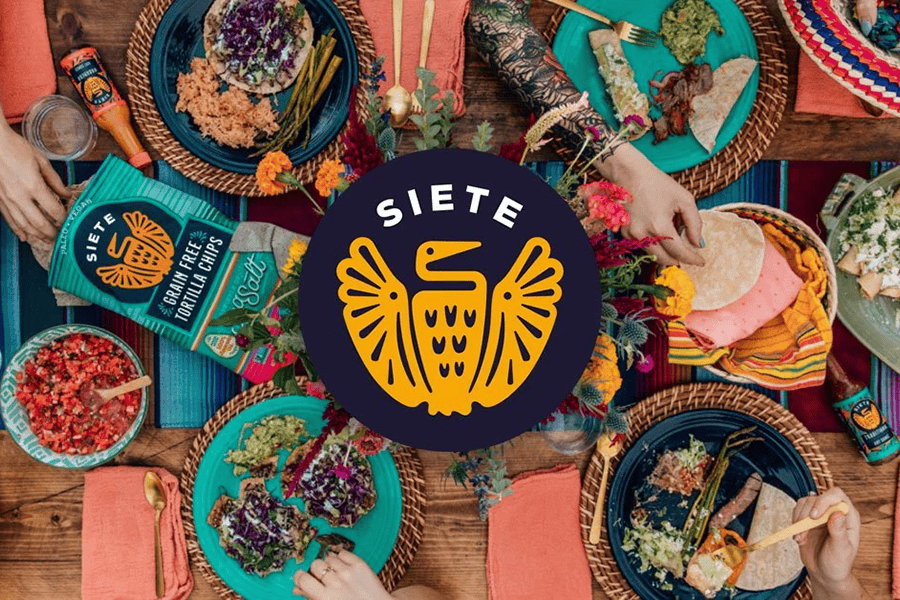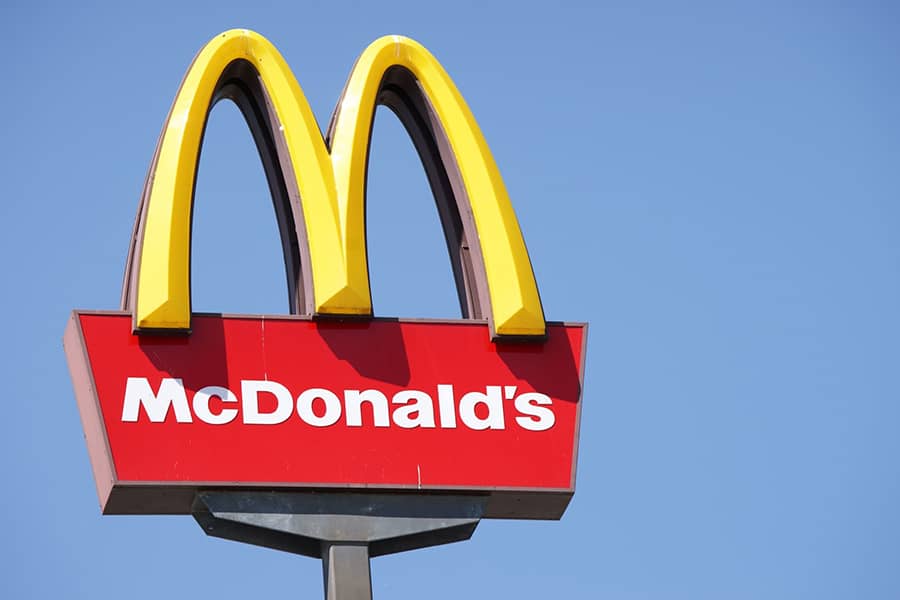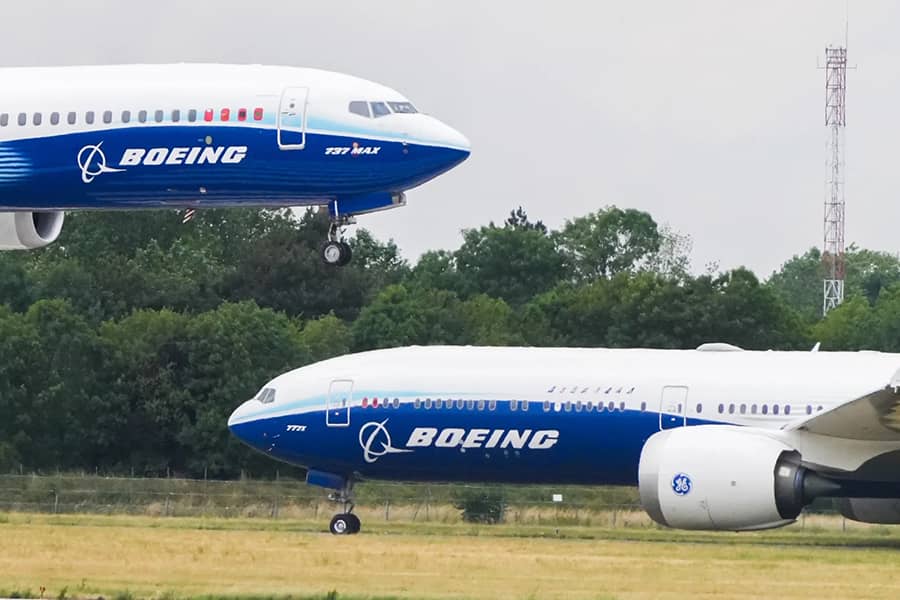PepsiCo has reached a $1.2 billion deal to acquire Siete Foods, a company based in Austin.

Introduction: Overview of PepsiCo’s Acquisition Deal
PepsiCo’s recent acquisition of Siete Foods for $1.2 billion marks a strategic move that signals the company’s commitment to diversifying its portfolio and tapping into the burgeoning demand for healthier, plant-based options in the snack food market. Siete Foods, renowned for its grain-free tortillas and snacks crafted from wholesome ingredients, aligns perfectly with PepsiCo’s efforts to cater to health-conscious consumers who prioritize both taste and nutrition. This partnership could not only enhance PepsiCo’s existing product offerings but also capture a new demographic eager for innovative snack choices.
Moreover, this deal represents a pivotal moment in the evolution of food brands that emphasize authenticity and cultural heritage. As Siete Foods emphasizes its Mexican-American roots by offering traditional recipes reimagined with contemporary dietary preferences in mind, PepsiCo stands to benefit from increased consumer loyalty among those who value culture-driven products. By incorporating Siete’s ethos of clean eating into their extensive distribution networks, PepsiCo could redefine its image as an agile player catering to modern lifestyles–a critical strategy as consumer habits shift towards sustainability and transparency. This acquisition is not just about expansion; it encapsulates a broader narrative about evolving tastes and values within our food ecosystem.
Background: What is Siete Foods?
Siete Foods has emerged as a trailblazer in the world of gluten-free and grain-free snacks, appealing to health-conscious consumers who are eager for options that align with their dietary preferences. Founded by the Lebens family in Austin, Texas, this brand prioritizes authenticity and flavor while drawing inspiration from traditional Mexican recipes. Their signature product line features tortillas, chips, and dips crafted largely from almond flour and cassava that not only cater to those following paleo or keto diets but also deliver on taste—an essential quality often lacking in alternative snacks.
What sets Siete Foods apart is its commitment to community and culture; each product reflects a deep-rooted connection to family heritage as well as an unwavering dedication to quality ingredients. As part of their mission, they aim to nourish both the body and spirit while making it simple for families to enjoy meals that resonate with their culinary roots. By securing a deal with PepsiCo valued at $1.2 billion, Siete Foods stands poised not just for growth but also for further innovation—potentially creating exciting new offerings that honor both modern dietary needs and traditional flavors. This acquisition highlights a significant trend where larger corporations are increasingly realizing the value of authentic brands that resonate deeply with consumers’ evolving tastes and lifestyles.
Financial Details: Breakdown of the $1.2 Billion Deal
The ambitious $1.2 billion deal for Siete Foods marks a significant strategic move for PepsiCo, providing access to the booming ethnic food market and tapping into the rising consumer demand for healthier snack alternatives. Siete Foods has carved out a niche with its grain-free tortilla chips and other products inspired by Mexican heritage, appealing especially to health-conscious millennial consumers who prioritize clean labels and authenticity in their food choices. This acquisition is not merely transactional; it represents PepsiCo’s commitment to diversifying its portfolio and enhancing brand equity through meaningful consumer engagement.
Financially, the deal reflects an eye toward future growth rather than immediate profit. While some may view the hefty price tag as excessive, industry analysts suggest that this investment could yield substantial returns as Siete expands beyond its current distribution channels. The transaction also highlights a trend where large corporations seek partnerships with smaller brands that resonate deeply with their target demographics—where one can leverage innovative concepts born within local communities while significantly boosting sales numbers across broader markets. As PepsiCo integrates Siete’s product lines into its extensive distribution network, both companies stand poised to redefine snacking norms in America.
Strategic Goals: PepsiCo’s Growth Objectives
PepsiCo’s acquisition of Siete Foods signals not just an expansion of its product portfolio, but a strategic maneuver to tap into the rapidly growing demand for healthier snack options. As consumer preferences shift towards alternatives that reflect lifestyle choices—like plant-based, gluten-free, and organic products—PepsiCo’s focus on Siete aligns seamlessly with these trends. By incorporating a brand known for its commitment to authentic Mexican flavors and wholesome ingredients, PepsiCo positions itself as a frontrunner in the snack food industry while also addressing evolving consumer health consciousness.
Moreover, this move exemplifies PepsiCo’s dedication to fostering innovation within its core business strategy. Instead of merely increasing market share through traditional means, the company is investing in niche brands that resonate with younger demographics seeking authenticity and quality over quantity. By enhancing their portfolio with Siete Foods’ unique offerings—delicious tortilla chips and dairy-free dips—the beverage giant not only diversifies but also cultivates a community around healthier eating habits. This deliberate combination of heritage and health indicates an astute understanding of market dynamics that could reshape perceptions about mainstream snacking, ensuring continued relevance in an increasingly competitive landscape.
Product Expansion: Siete’s Offerings and Market Reach
Siete Foods has carved a unique niche in the rapidly growing health-conscious food market, and its acquisition by PepsiCo is set to amplify this trajectory even further. Known for its grain-free tortillas and snacks that honor traditional Mexican flavors while catering to dietary preferences such as gluten-free and vegan, Siete’s commitment to authenticity offers a compelling contrast to mainstream options. Under PepsiCo’s expansive umbrella, Siete can leverage enhanced distribution networks and marketing prowess, propelling their specially formulated products into new markets where demand for healthier alternatives is surging.
As consumers increasingly seek out brands that resonate with their values—sustainability, healthiness, and cultural heritage—Siete stands at the intersection of these trends. Through innovative product expansion strategies like limited edition flavors or collaborations with renowned chefs and influencers in the culinary world, the brand has the potential to captivate a broader audience. Additionally, tapping into PepsiCo’s global reach could allow Siete’s offerings not only to flourish domestically but also venture internationally, introducing Latin-inspired healthy snacking experiences across diverse palates worldwide. As this merger unfolds, it will be fascinating to watch how Siete balances its transformative identity while elevating itself on a larger platform—transforming every tortilla chip or taco shell from mere food into an experience woven with culture and care.
Cultural Fit: Aligning Brands and Values
Cultural fit is becoming an increasingly essential factor in mergers and acquisitions, particularly as consumers demand authenticity and values-driven business practices. For PepsiCo, acquiring Siete Foods not only expands its product portfolio but also aligns with a growing consumer preference for authentic and culturally rich offerings. Siete Foods resonates with many who seek gluten-free and health-conscious alternatives that pay homage to their heritage, reflecting a shift towards inclusivity within the food industry.
This acquisition presents an opportunity for PepsiCo to foster deeper connections with diverse consumer segments by embracing Siete’s established brand identity rooted in family tradition and cultural pride. By integrating these values into its overarching marketing strategy, PepsiCo can enhance its reputation as a brand that genuinely cares about the communities it serves, thereby building stronger customer loyalty. As businesses continue to recognize the importance of cultural alignment, this merger could serve as a blueprint for future collaborations aimed at creating synergy between large corporations and niche brands that celebrate unique traditions while driving sustainable growth.
Consumer Trends: Rising Demand for Healthy Snacks
As health consciousness continues to permeate consumer behavior, the demand for healthy snacks is witnessing an unprecedented surge. This shift isn’t merely a passing fad; it reflects a fundamental change in lifestyle choices driven by millennials and Gen Z, who prioritize wellness and transparency in their food sources. Brands that cater to this rising craving are not just seen as suppliers of nourishment but as partners in holistic well-being. With Siete Foods’ emphasis on grain-free ingredients and authentic flavors rooted in Mexican heritage, PepsiCo’s acquisition underlines a strategic pivot toward tapping into niche markets that resonate with today’s consumers.
Furthermore, the trend towards healthier snacking options is amplifying interest in innovation concerning flavor profiles and ingredient integrity. Consumers are increasingly seeking snacks that boast functional benefits—think probiotics for gut health or plant-based proteins for sustained energy—paired with unique taste adventures that stand out on crowded grocery shelves. This growing appetite offers fertile ground for brands like Siete Foods to thrive, introducing more people to delicious yet nutritious alternatives while capitalizing on cultural authenticity. As major players like PepsiCo recognize these shifts, we can expect an influx of inventive products designed not only to satiate cravings but also promote a healthier way of life.
Future Outlook: Implications for Both Companies
The acquisition of Siete Foods by PepsiCo is more than just a financial transaction; it signals a shifting landscape within the snack food industry where health, authenticity, and cultural relevance reign supreme. For PepsiCo, this move provides an accelerated entry into the rapidly expanding segment of better-for-you snacks that cater to health-conscious consumers. By integrating Siete’s portfolio of grain-free tortilla chips, salsas, and sauces into its distribution network, PepsiCo not only diversifies its offerings but also positions itself as a modern food company that is attuned to evolving consumer preferences—especially among younger demographics who prioritize both taste and nutrition.
Conversely, for Siete Foods, this partnership opens up unprecedented opportunities for brand growth and innovation. With access to PepsiCo’s vast resources and expertise in supply chain management, marketing strategies can be scaled up dramatically while maintaining the company’s core identity rooted in family tradition and quality ingredients. As they navigate this new chapter under larger corporate oversight, Siete will have the chance to amplify its mission of making delicious Mexican-American foods accessible to a broader audience without sacrificing its commitment to authenticity or dietary inclusivity. This collaboration sets the stage for dynamic transformation—one that could reshape how we think about snack foods in an ever-competitive marketplace.
Industry Reaction: Analysts’ Perspectives on the Acquisition
Industry analysts have swiftly weighed in on PepsiCo’s bold $1.2 billion acquisition of Siete Foods, suggesting that this move reflects a significant pivot towards the booming health-conscious market segment. Many experts indicate that the deal not only aligns with rising consumer demand for authentic and clean-label products but also underscores PepsiCo’s strategy to diversify beyond traditional snacks and beverages. With Siete’s range of gluten-free tortillas, chips, and various ancestral foods, the merger offers PepsiCo an opportunity to tap into a growing demographic focused on wellness, authenticity, and cultural heritage.
Furthermore, some analysts point out that this acquisition positions PepsiCo as a proactive player within the competitive landscape dominated by start-ups specializing in healthier options. By integrating Siete Foods’ innovative product lines into its portfolio, Pepsi could leverage its vast distribution systems to amplify brand reach significantly. Moreover, this strategic alignment may catalyze further innovation in product development and marketing—an essential move as more consumers gravitate toward brands that resonate with their values regarding nutrition and sustainability. As competition intensifies in the plant-based sector, industry watchers will be keenly observing how PepsiCo capitalizes on Siete’s passionate customer base while navigating potential integration challenges ahead.
Conclusion: Significance of the Deal for Food Industry
The acquisition of Siete Foods by PepsiCo represents a significant shift in the food industry’s landscape, reflecting a growing trend towards healthier and more authentic offerings. This deal highlights not just financial investment but also a commitment to innovation that aligns with changing consumer preferences. As millennials and Gen Z increasingly prioritize health and sustainability, PepsiCo’s decision to acquire a brand synonymous with clean ingredients and cultural authenticity underscores its drive to remain relevant in an evolving market.
Moreover, this partnership opens up new avenues for product development and distribution. With Siete’s established foothold in the rapidly expanding gluten-free and organic niche, PepsiCo can leverage its extensive supply chain capabilities to amplify these products on a national scale. The implications are far-reaching: as multinational giants embrace smaller, mission-driven brands, we may witness the democratization of flavorful yet health-conscious options across grocery store shelves—redefining how we perceive snacks in our daily lives. Ultimately, this deal is not just about expansion but about transforming how companies address consumer demand for integrity in food production while ensuring profitability.




